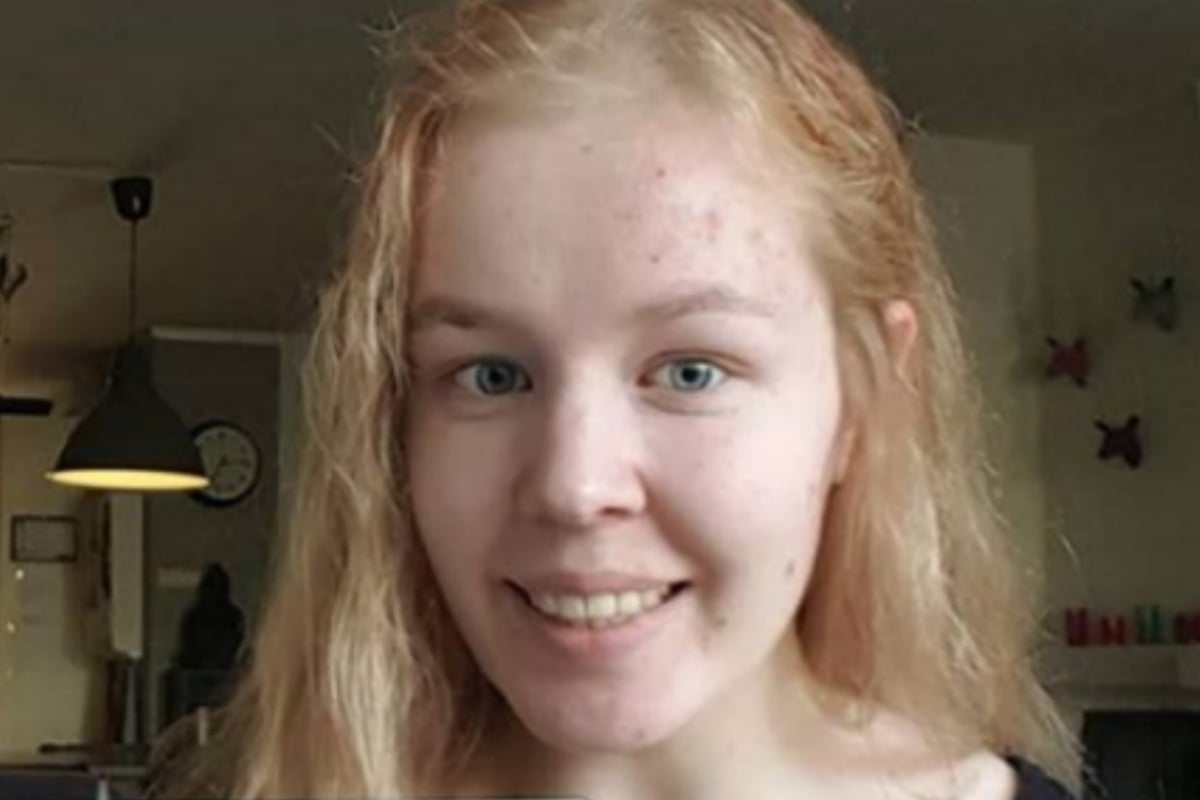
Warning: This story deals with the subject of suicide and mental health issues and may be confronting for some readers.
Noa Pothoven died this week, at 17 years old.
On Wednesday, her story made international headlines. A teenager from the Netherlands had died from legal euthanasia, after suffering rape and child sex abuse. She had lived with post-traumatic stress disorder, depression and anorexia.
We immediately found ourselves stuck on the first detail: A 17-year-old had access to euthanasia. It was a detail that soon turned out to be blatantly incorrect.
While world news scrambles to correct its headlines, it seems we’ve entirely missed the point.
Whether or not the state assisted her or not, Pothoven decided before her 18th birthday that life was not worth living. She is not the first person to make that decision. To our great shame, young people choose to end their lives everyday. It’s the leading cause of death of Australians between the ages of 15 and 44.
One of the most difficult things for families affected by suicide is the questions they are left with. But Pothoven provided answers. And for some reason we’re not listening to them.
Pothoven’s story is not about how she died. It’s about why she died, and the rape and sexual abuse she endured when she was living.
Dr Saartje Tack, a lecturer at Macquarie University and an expert in gender studies and self-chosen death, says the biggest issue here is the “inherently sexist culture that made the life of this young woman [perceptibly] unlivable.
“We would rather be outraged by euthanasia laws and self-chosen death than to seriously engage with a sexist society and its deadly consequences.

Top Comments
It's clearly about the way she died, because as you said the abuse side (tragically) happens all the time. We don't need to go to the Netherlands for an example of that.
I often wonder how some people are so unlucky to be sexually assaulted more than once in their lives. My heart bleeds for Noa and all those who have been through this abuse.